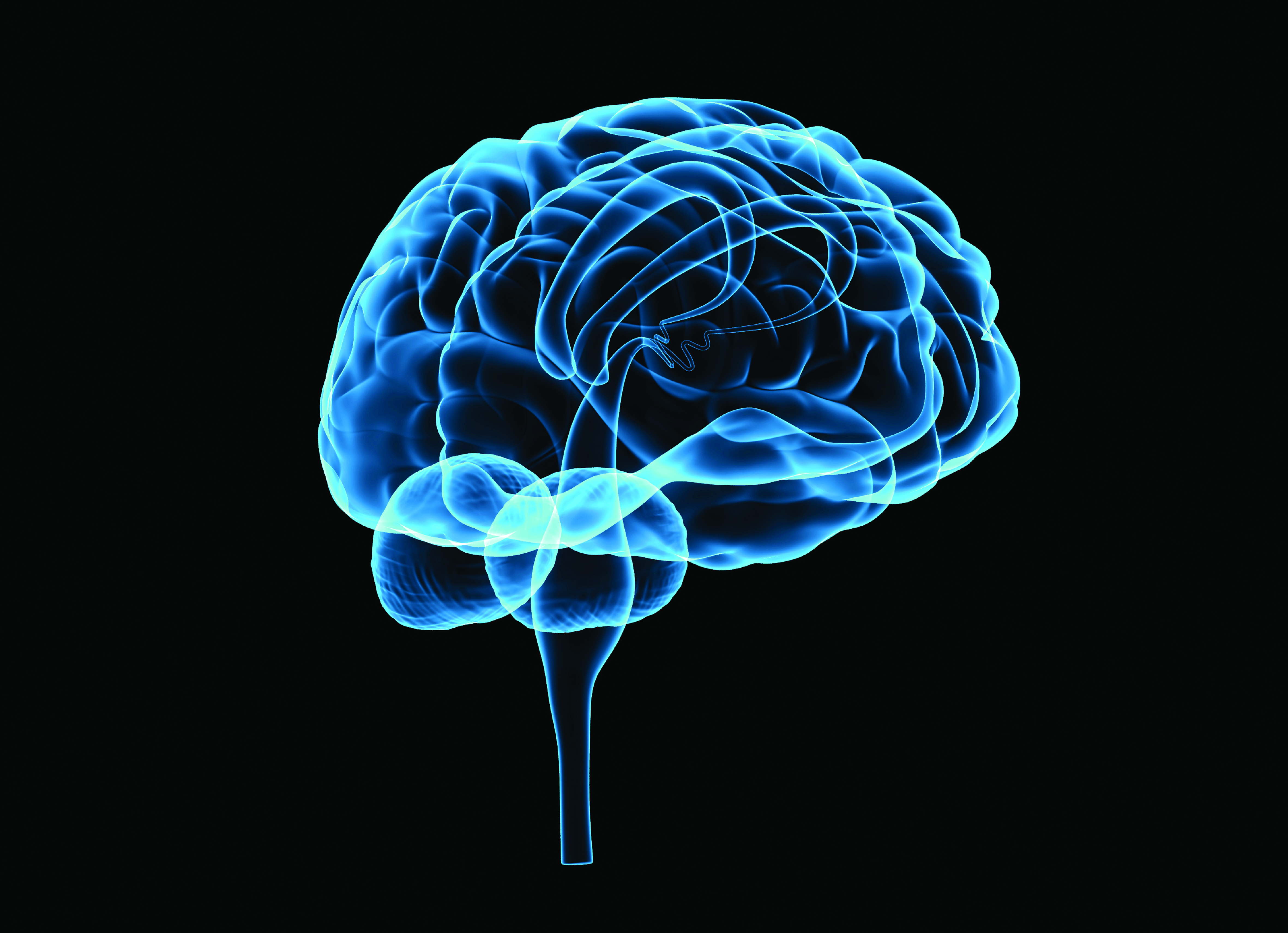Nutritional scientist and blogger at ‘Gluten-Free and All Things Nice’, Michelle Kickham examines whether there is any merit in the latest buzz word linked to coeliac disease.

Have you ever walked into a room and forgotten why you went there? Or, put your dinner in the fridge instead of the oven to cook it? Lose your car keys a lot?
We’ve all been there – when your brain doesn’t seem to be functioning properly. The thoughts are there, but the connections are out of whack. I call these my ‘blonde moments’ (no offence to the blondes out there!).
Moments of confusion, the inability to think clearly and just feeling ‘not with it’ (termed ‘brain fog’) may represent a more serious underlying condition; coeliac disease. While there are a myriad of illnesses that can cause ‘brain fog’, researchers have recently shown that cognitive impairment and untreated coeliac disease are positively correlated. That is, if you’re a coeliac and not following a strict gluten-free diet you may be doing a lot more damage than once thought.
Coeliac disease is a poorly understood condition by the public. It is not an allergy, intolerance or just having a ‘dodgy tummy’. Coeliac disease is an autoimmune disease that can cause serious, long-term health problems if left undiagnosed and untreated. To fully understand coeliac disease allow me to explain what the body’s immune system normally does. Bear with me – this will be brief and simplified but, as a scientist, I feel that understanding the condition is key in treating it successfully.
Our body is truly amazing. It’s clever, quick to respond and adapts to almost anything that’s thrown at it. It grows, it repairs and it learns. Yes, your body learns things. It learns what is ‘dangerous’ and what is ‘safe’. By ‘safe’ I mean harmless things – like our own cells, dust and the friendly little bacteria we have living all over our skin (how many of you are freaked out at that thought?). The body, or more specifically, the immune system – sees these things as ‘safe’ and therefore doesn’t attack them. ‘Dangerous’ things include the obvious things like viruses, bacteria (aka pathogens) or ‘non-self cells’ (cells that only our own body make). If we get infected by a bacterium, the body immediately sees ‘danger’ and instructs the immune system to attack it. These attacks are commonly brought on by antibodies, which ‘mark’ the invader as ‘dangerous’ so that these specialised little cells in our body basically eat up the ‘dangerous’ invader, ridding the body of the danger. This is a good thing – we want the body to do this. This bestows immunity.
Sometimes though, the body gets confused. Sometimes we make antibodies against our own cells (or other harmless things) and sometimes this can cause serious problems for us. This is what we now refer to as an autoimmune disease. Coeliac disease is just that – our body sees gluten as ‘dangerous’ and when ingested we attack it, only we are attacking ourselves in the process. Clearly this is undesirable.
Autoimmune diseases are disorders of the immune system where the body produces antibodies against our own cells. With respect to coeliac disease, upon exposure to gluten our bodies produce auto-antibodies (antibodies against ‘self’) against an enzyme called Tissue Transglutaminase 2. This is what they look for in blood tests when testing for coeliac disease. When we remove gluten from our diet, this antibody is no longer produced by our bodies and symptoms subside. This autoimmune response occurs predominantly in the gut, causing localised inflammation that is detrimental to the body in the long-term if allowed to remain untreated.
This ‘attack’ causes the lining of the small intestine to become damaged, resulting in poor absorption of nutrients, gastrointestinal problems and in some cases perforations in the small intestine.

So, if it happens in the gut how does this tie up with ‘brain fog’? Well, recent studies have shown that another auto-antibody called Transglutaminase 6, found predominantly in the brain, is also produced in some coeliacs. They have also shown that it is gluten dependent – that is, when gluten is removed from the diet, the auto-antibodies also disappear. This may explain some of the neurological symptoms many undiagnosed coeliacs report. One study actually found lesions in the brain of untreated coeliacs, which may or may not be as a result of gluten, but it is certainly something that merits further research.
Although it has also been shown that cognitive ability improves upon transition to a gluten-free diet in previously untreated coeliacs, it is important to note that this is largely due to the reversal of malnutrition caused by the disease. The small intestine (the site of injury in coeliacs) is the primary organ involved in the absorption of nutrients from food. When it’s damaged, it cannot take in these nutrients efficiently. Also, autoimmune diseases are rarely seen in isolation and usually accompany other disorders of the immune system which may also account for these neurological issues.
So what should you take away with you? Basically, if you think you might be suffering from coeliac disease, get yourself tested. If you have been tested positive, stick to your diet and you will find your energy, mood and (most likely) cognitive ability improves. This in large part will be due to the healing of the small intestine which can now efficiently absorb nutrients properly from the food you eat. The hypothesis that gluten may trigger inflammation in the brain is a plausible one, although it still requires more research in my opinion to get a clearer picture as to what is really going on.
Know the symptoms
Sometimes it can be difficult to differentiate the symptoms of coeliac disease from general day-to-day problems such as stomach aches, headaches and tiredness. Other symptoms commonly seen include rashes and skin problems (dermatitis herpetiformis is extremely common in coeliacs), anaemia, fatigue, which persists with adequate sleep, fertility problems and even stunted growth in children. Coeliac disease is not just a nuisance, it is a disease that, like all others, requires treatment and a strict diet. Just like you can’t be a ‘little bit pregnant’, you can’t be a ‘little bit coeliac’. Stick to your diet, or you may well suffer the consequences later in life.
 Michelle Kickham is a doctoral candidate in Immunology and Organic Chemistry and a current Irish Research Council scholar. Michelle believes that science holds the power to make a real difference and her goal is to explain the science behind health claims, offer advice and tips, as well as sharing healthy recipes to suit almost any diet.
Michelle Kickham is a doctoral candidate in Immunology and Organic Chemistry and a current Irish Research Council scholar. Michelle believes that science holds the power to make a real difference and her goal is to explain the science behind health claims, offer advice and tips, as well as sharing healthy recipes to suit almost any diet.
For more information, visit www.gfandallthingsnice.wordpress.com
